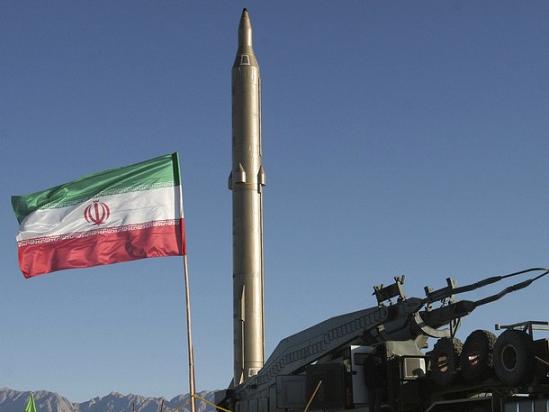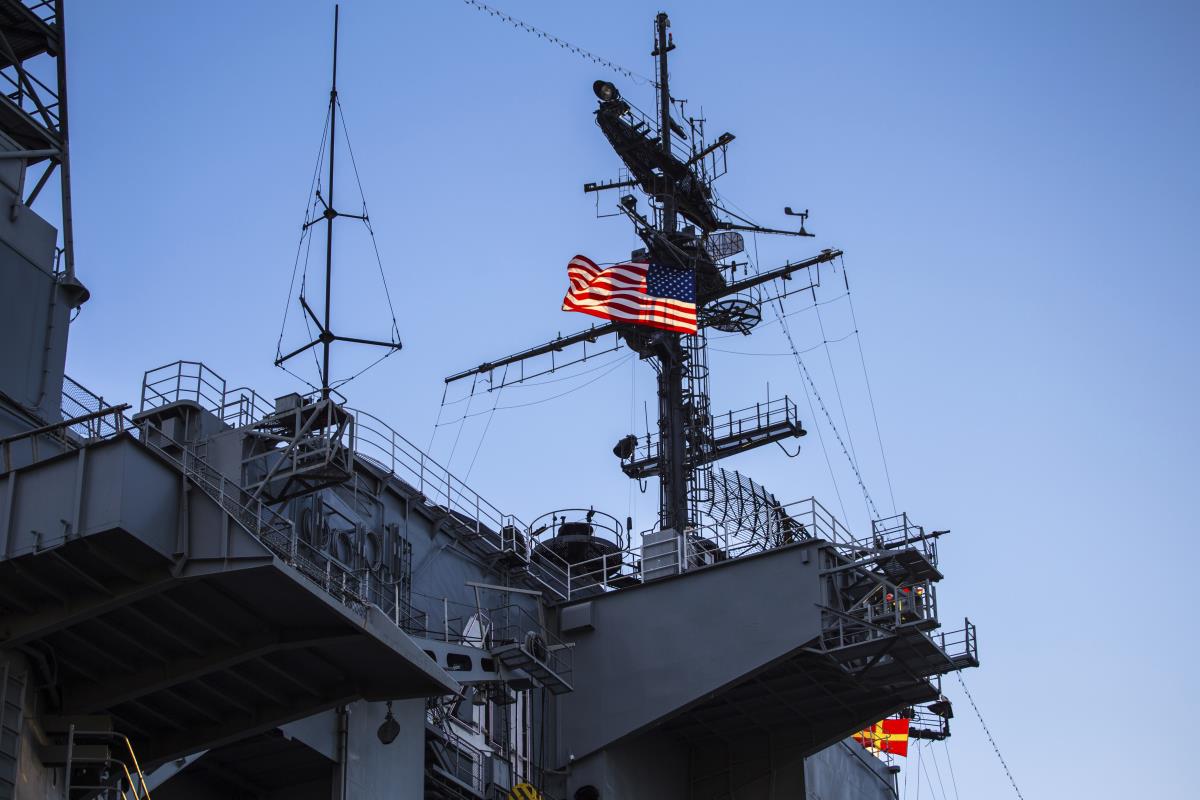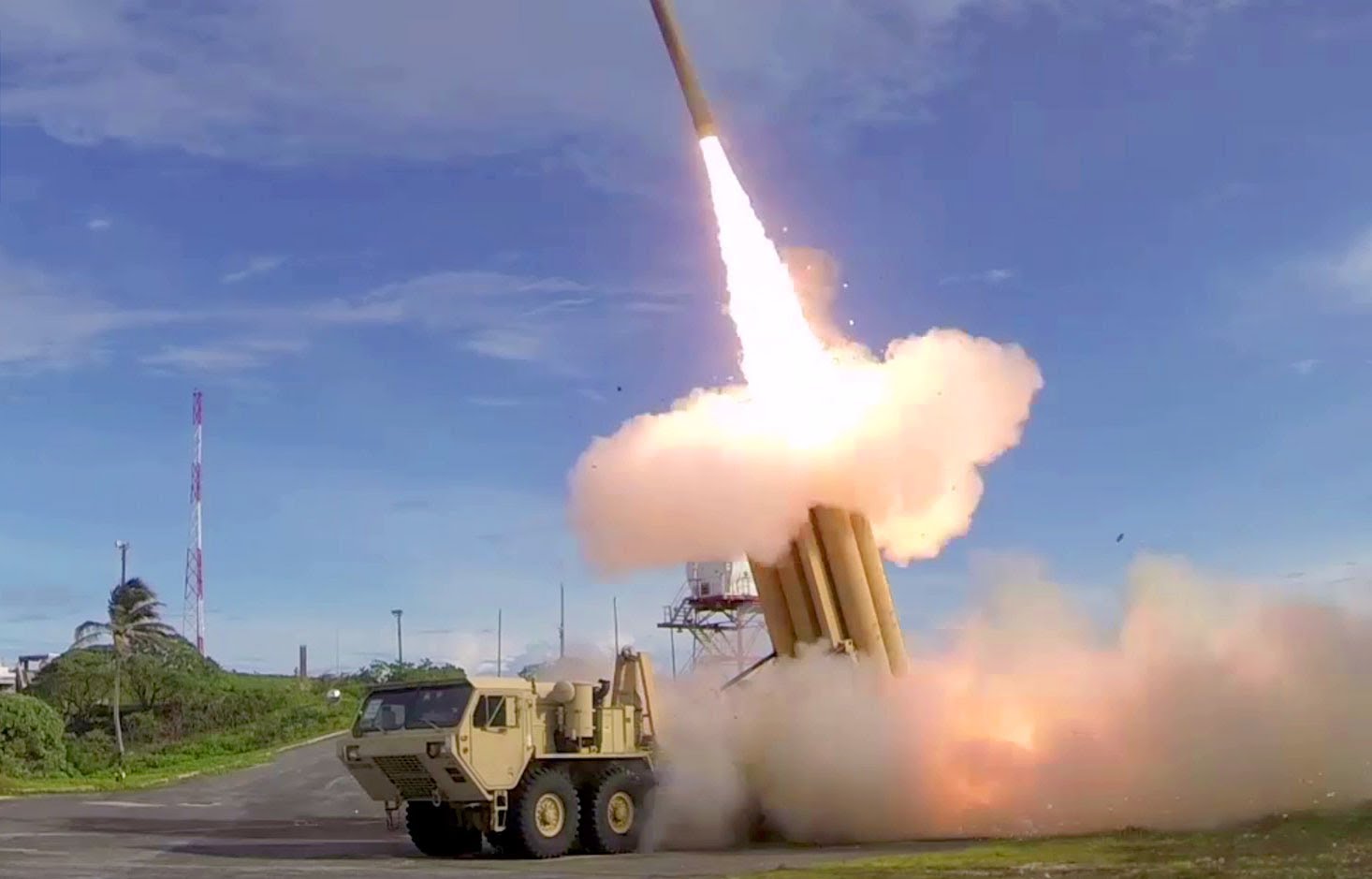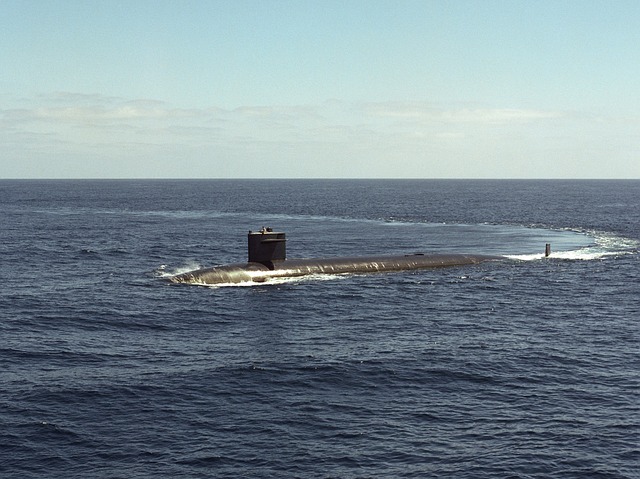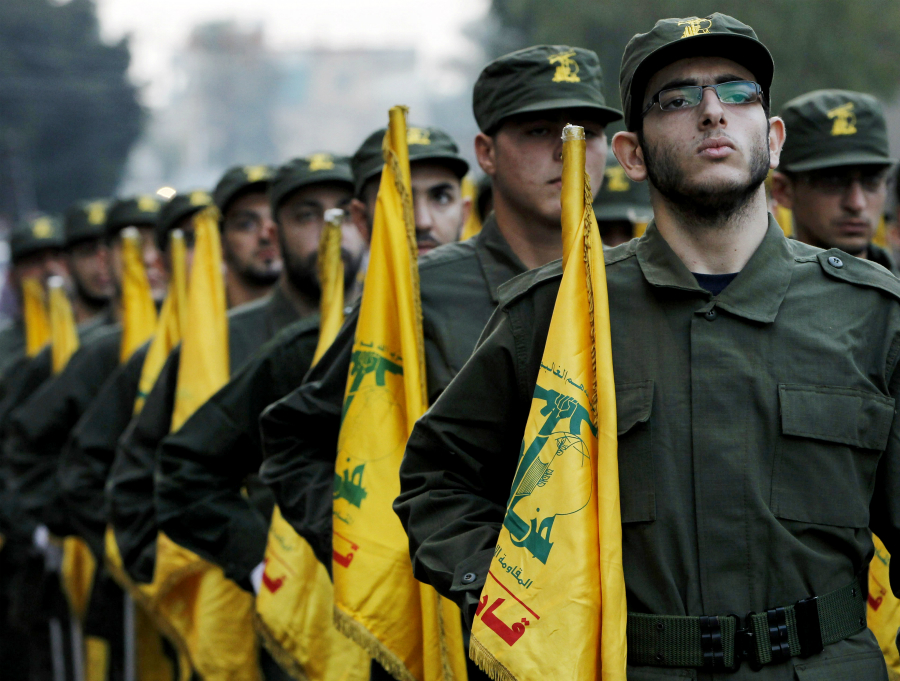In 2002, the Pentagon conducted $250 million Millennium Challenge war game to demonstrate “ease” of defeating Iran – and LOST
11/20/2023 / By Ethan Huff
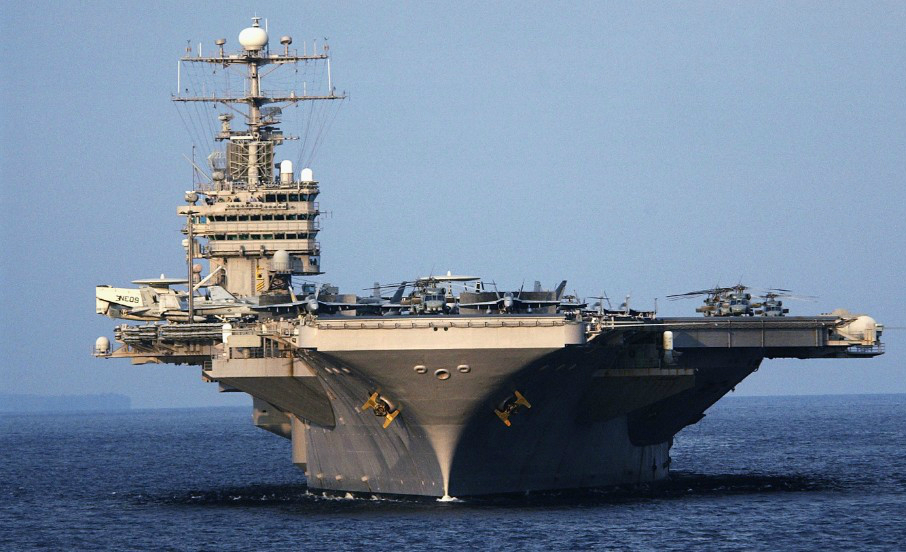
The largest and most expensive war game in the Pentagon’s history occurred in 2002. Known as the Millennium Challenge, the operation aimed to demonstrate the ease with which the United States can allegedly destroy Iran on behalf of Israel.
Boasting more than 13,500 participants, the U.S. government spent a whopping $250 million to conduct the war game, which pitted Iran against the U.S. military. Paul Van Riper, a three-star general and 41-year veteran of the Marine Corps led Iranian forces in the war game, his job being to take on the full force of the U.S. military.
Van Riper was led by an aircraft battle group and a “large amphibious landing force, as one media outlet put it, in the Persian Gulf. What ended up happening up shocking the Pentagon and everyone else involved because it turns out that a win against Iran is not as easy as they originally thought.
Much like how the creators of the Titanic boasted pridefully that even God could not sink that ship, the Pentagon assumed that Iran was no match for the U.S. military. The Pentagon ended up being dead wrong.”
(Related: One of the reasons why Israel wants to “wipe Gaza off the map” is because of the rich maritime natural gas reserves located off its coastline.)
Pride comes before a fall
According to accounts of what happened during Millennium Challenge 2002, Van Riper waited for the U.S. Navy to pass through the very shallow and very narrow Strait of Hormuz where they ended up becoming sitting ducks for Iran’s unconventional and asymmetric warfare techniques.
Such techniques included swarming the U.S. Navy with explosive-laden suicide speedboats, low-flying airplanes carrying anti-ship missiles, naval mines and land-based anti-ship ballistic missiles, all of which are low-cost but highly effective measures.
Within mere minutes, Van Riper, the fictitious head of Iran’s military, emerged victorious over the U.S. military. Even though his opponent was assumed to be “superior,” the Iranian war methods depicted sunk all 19 ships. Had this occurred in real life, 20,000 U.S. sailors and marines would have died.
Millennium Challenge 2002 ended up being a complete disaster and embarrassment for the Pentagon, which effectively wasted one-quarter of a billion U.S. tax dollars on a simulated melee in which Iran ended up winning and the U.S. ended up losing.
Instead of accepting the loss and humbling itself, the Pentagon instead doubled down. The war machine quickly hit the reset button by rigging and scripting a new war game in which America was guaranteed to win – even though in real life the U.S. would still likely lose against Iran.
“Nothing was learned from this,” commented a disgusted Van Riper, who was appalled at the Pentagon’s response to the outcome of Millennium Challenge 2002. “And a culture not willing to think hard and test itself does not auger well for the future.”
In a nutshell, what Millennium Challenge 2002 proved is that even with the most advanced, seemingly, weaponry on the planet, the U.S. could easily lose in a war on Iran because the Iranian military knows how to sink even the largest, Titanic-sized military ships with ease.
“The main lesson of Millennium Challenge 2002 is that aircraft carriers – the biggest and most expensive ships ever built – wouldn’t last a single day in combat against even a regional power like Iran,” explains International Man. “Russia and China would have an even easier time dispatching them. They are overpriced toys.”
“That means the U.S. has wasted untold trillions on military hardware that could prove to be worthless in a serious conflict … Nonetheless, the U.S. government still parades aircraft carriers around the world from time to time to try to intimidate its enemies.”
The latest news about active U.S. involvement in Middle East affairs can be found at Chaos.news.
Sources for this article include:
Submit a correction >>
Tagged Under:
big government, corruption, debt bomb, government debt, Iran, Israel, Middle East, military tech, Millennium Challenge 2002, Paul Van Riper, Pentagon, Strait of Hormuz, suppressed, war games, weapons tech, WWIII
This article may contain statements that reflect the opinion of the author
RECENT NEWS & ARTICLES
COPYRIGHT © 2018 MILITARYTECH.NEWS
All content posted on this site is protected under Free Speech. MilitaryTech.news is not responsible for content written by contributing authors. The information on this site is provided for educational and entertainment purposes only. It is not intended as a substitute for professional advice of any kind. MilitaryTech.news assumes no responsibility for the use or misuse of this material. All trademarks, registered trademarks and service marks mentioned on this site are the property of their respective owners.





